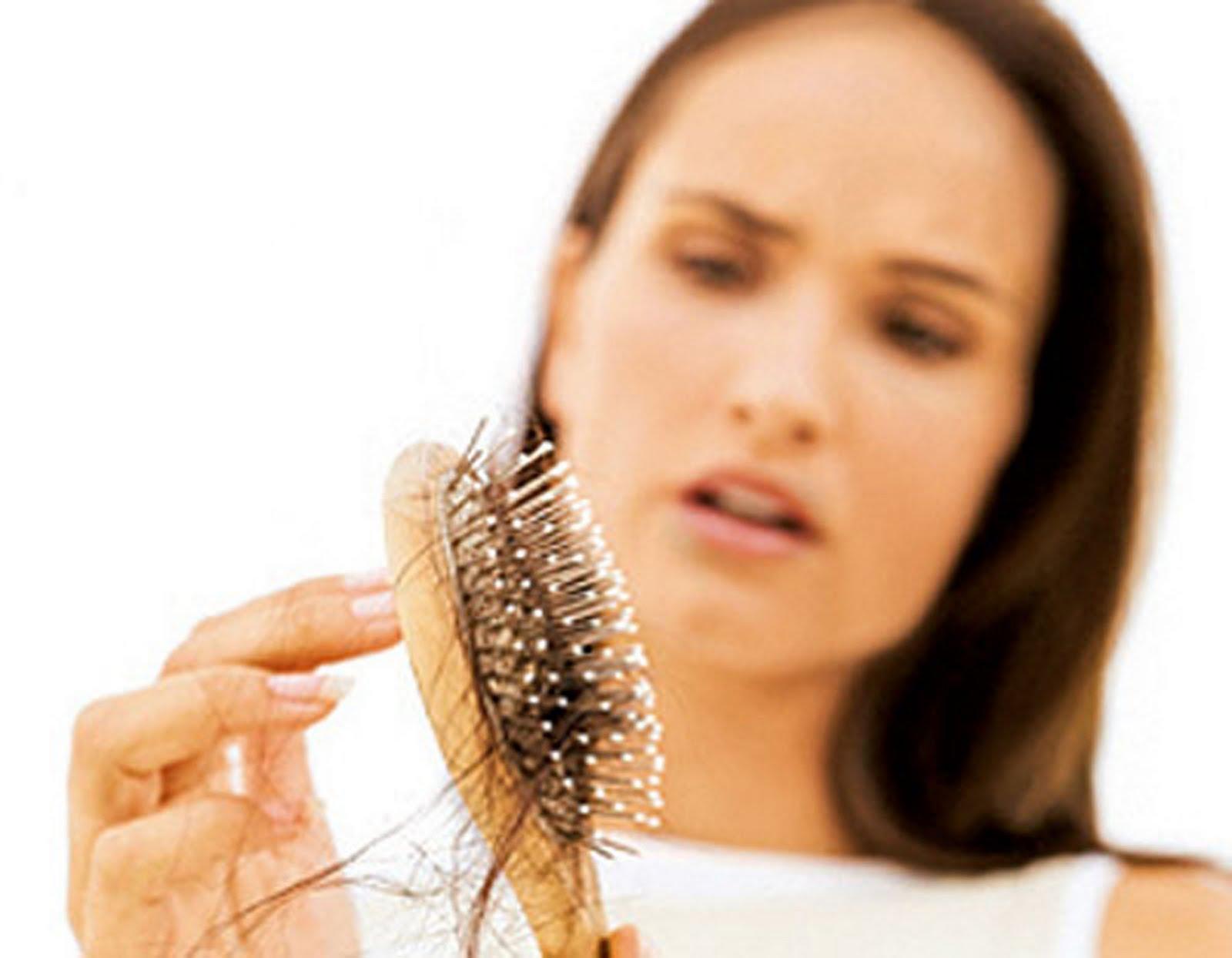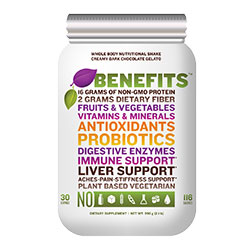Why Is My Hair Falling Out?
Why Is My Hair Faling Out?
Find Out Now

Some Reasons Your Hair Is Falling Out
You’re on Certain Medications
Take another look at the side effects of the drugs you’re taking -- hair loss may be on the list. Examples of such meds include blood thinners, acne medications high in vitamin A, anabolic steroids, or medications for arthritis, depression, gout, heart problems, or high blood pressure.
You Just Had a Baby
When you’re pregnant, your hormones keep your hair from falling out as often as it normally does. That makes it seem thicker and more luscious. After you give birth, you lose the extra hair you’ve been hanging onto as your hormones shift again. Everything should balance out about 3 to 6 months later.
You Don’t Have Enough Iron
Iron helps keep your hair healthy. When levels drop, so can your hair. You’ll likely have other clues that low iron is to blame for your hair loss, like brittle nails, yellow or pale skin, shortness of breath, weakness, and a fast heartbeat.
You’re Stressed
Sometimes, large doses of stress can make your body’s immune system turn on itself and attack your hair follicles. Lots of worry and anxiety can also pause your hair growth, which makes hair more likely to fall out when you brush.
You’ve Had Weight Loss Surgery
You’re more likely to deal with this post-surgery symptom if your zinc levels are low, but it’s common to lose some locks after bariatric surgery. Your doctor may recommend a zinc supplement to help halt your hair loss.
You Don’t Get Enough Protein
A body low on protein finds a way to conserve where it can, and that includes halting hair growth. About 2 to 3 months after that, hair starts to fall out. Adding more meat, eggs, fish, nuts, seeds, and beans to your meals can pack more protein into your diet.
You’re on Birth Control
Hormonal birth control like oral contraceptives, implants, injections, vaginal rings, and patches can trigger hair loss if you have a history of it in your family. Your doctor might be able to recommend a non-hormonal option that may help you keep more of your locks.
You’ve Gone Off Birth Control
Not only can starting hormonal birth control kick off hair loss, so can quitting. You’ll probably notice a change several weeks or months after you stop.
You’re Hard on Your Hair
Sometimes it’s your styling routine that’s to blame when your hair starts to break or fall out. Using too much shampoo, brushing or combing your hair when it’s wet, rubbing hair dry with a towel, or brushing too hard or too often can all strain your strands and make them break.
You Use Heat and Science on It
Daily use of blow-dryers, flat irons, and curling irons dries out your locks and makes it easier for them break and fall out. Bleach, dye, relaxers, and hair sprays can do the same thing.
You Have Another Condition
Hair loss is a symptom of more than 30 diseases, including polycystic ovary syndrome, ringworm on your scalp, thyroid disorders, and autoimmune diseases. You can also lose hair when you have the flu, a high fever, or an infection.
You Smoke
Your hair isn’t immune to the damage smoking can cause. Toxins in cigarette smoke can mess with your hair follicles and keep hair from growing and staying on your head.
You’re Going Through Menopause
The shifting hormones of it can ramp up shedding. It should go away after about 6 months. But if you notice your part widening, or hair loss at the top and crown of your head, talk to your doctor. You may have female pattern hair loss, which can be treated.
You Pull It Out
Hair-pulling disorder, or trichotillomania, is a mental health condition that makes you feel like pulling out your hair from your scalp. It can be hard to stop, even when you start to get bald patches. When you have it, you may want to pull out your eyelashes or eyebrows, too.
You Have an Eating Disorder
Both anorexia (not eating enough) and bulimia (throwing up after you eat) can make your hair fall out, because your body isn’t getting the nutrients it needs to grow and maintain healthy hair. These are mental disorders. They need to be treated by a team of mental health professionals, dietitians, and other medical specialists.
Get The Right Nutrition I Use Every Morning To Ensure A Healthy day Every Day "Rick Nappi"
BENEFITS Whole Body Nutrition Shake

